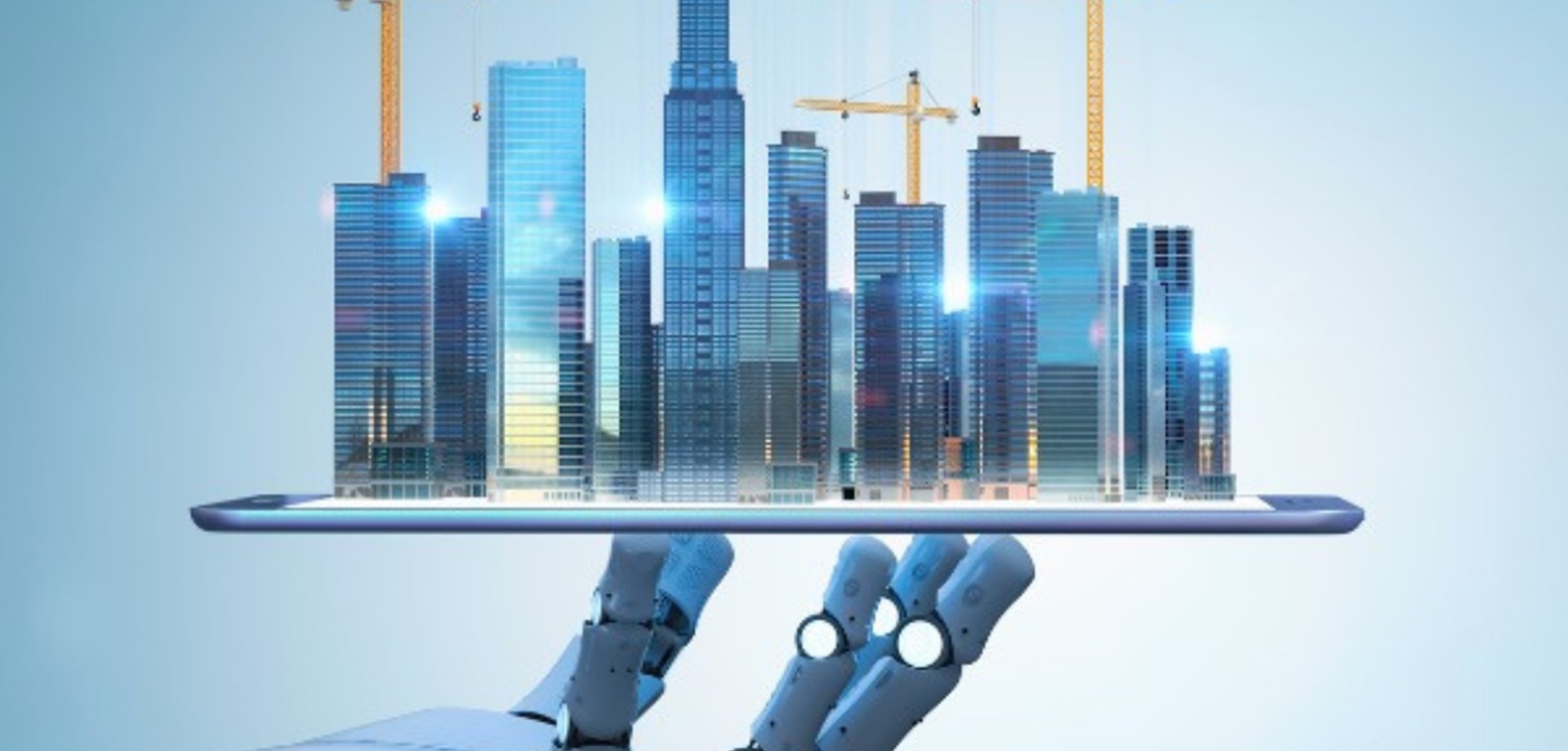The Future of Real Estate: The Artificial Intelligence Revolution
8 November 2023

The real estate industry is on the cusp of a technological revolution that promises to transform the way we buy, sell, and invest in property. Key to this advancement is artificial intelligence (AI), which is quickly becoming a key part of the industry. In this article, we'll explore how AI is shaping the real estate market and what it means for homeowners, real estate agents, and investors.
The Ongoing Transformation
AI is no longer a mere futuristic promise; It is a reality that is changing the dynamics of the real estate market. From streamlining processes to making more informed decisions, AI is playing a key role. JLL's recent Global Real Estate Technology Survey 2023 highlights AI as one of three technologies that will have the biggest impact on the industry over the next three years.
While many still don't fully understand the potential of AI, industry leaders are actively exploring ways to harness this transformative technology. It's essential to understand how AI is shaping the real estate industry in three key ways:
1- Increased Productivity and New Opportunities
While there are concerns about the impact of AI on jobs, it is expected to boost productivity. Technology allows fewer people to achieve higher levels of efficiency, which in turn absorbs resources to create new opportunities. AI has the potential to drive economic growth, as evidenced by a study that states that more than 85% of job growth in the U.S. over the past eight decades is related to technology.
2- Boost in Demand for Real Estate
Not only is AI changing the way properties are marketed, but it's also driving demand for commercial real estate. As AI expands into select tech hubs, companies involved in hardware, cloud computing platforms, and app development are seeing significant growth. AI is also making it easier to customize properties to meet the needs of buyers and investors.
3- Integration of AI in Proptechs
The real estate industry has proactively embraced new technologies, and AI is now available for a wide range of real estate functions. The proptech ecosystem is maturing, and more than 80% of investors and real estate developers plan to increase their tech budgets in the next three years. AI is already being used to:
-
Document classification and data standardization for portfolio analysis.
-
Price forecasting for investment management.
-
Day-to-day management of real estate assets.
-
Satellite image processing for asset assessment and risk management.
-
Recommendation for leasing and investment operations.
AI does not replace human expertise, but complements it.
While AI will play a crucial role in the future of real estate, it cannot replace human experience and intuition. However, the integration of AI is transforming processes, improving decision-making, and optimizing outcomes for everyone involved. AI is simplifying property search and recommendation, improving lead quality, enhancing market analysis, enabling virtual tours, and offering customer support through intelligent chatbots.
In summary, AI is revolutionizing the real estate market, offering exciting opportunities and improving efficiency at every stage of the real estate process. As the industry continues to evolve, it is vital that everyone involved is willing to embrace this technological revolution in order to reap the benefits it offers. Artificial intelligence is not a replacement for human intelligence, but rather a valuable ally that is shaping the future of real estate.


